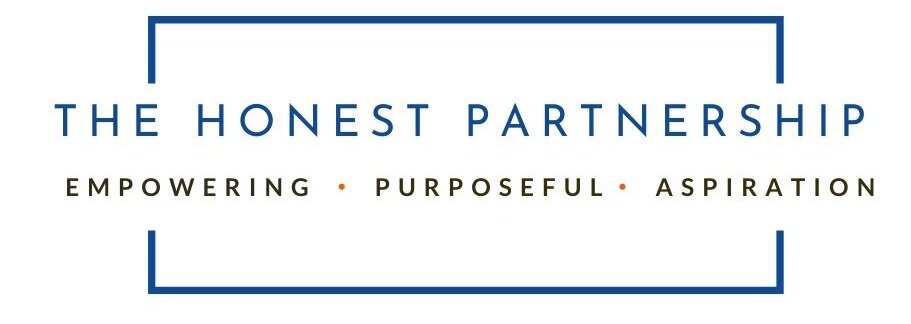“My ideas and opinions were being ignored, and at times drowned out by other voices.”
Nish, a newly appointed finance director, was having difficulty finding ways into the conversation and contributing to her full potential during board meetings.
Goal: Prepare to be heard and to hear others
Understanding how Nish "showed up" to meetings was a significant part of coaching sessions. To evaluate if who showed up reflected Nish’s true potential, we explored whether her strengths, talents and capabilities, based on her significant experience, were coming across to others. We discovered Nish was struggling to get her thinking across, which was impacting on her confidence, leading her to describe one meeting as ‘lack lustre’ and that she was ‘not being taken seriously’.
Unable to own her seat at the table was increasing Nish’s sense of being isolated; she wasn’t able to build allies and find influence.
Coaching.
There were several significant moments of self discovery for Nish that allowed her to make crucial changes to how she approached meetings.
Awareness of idea sharing; Nish reflected on how she shared her ideas and how colleagues responded. She also reflected on observations of how other board members delivered new opportunities during meetings. This allowed Nish to start developing an understating of the organisational culture and how the culture played out at the board table. The value of this insight enabled Nish to develop a reflective approach, one that complimented her own style, as well as peers, with the intention of being able to influence and challenge with confidence.
Listening & questioning skills were a particular focus during coaching. The purpose was to create opportunities for Nish to engage with her colleagues through listening and, where appropriate, using open-ended questions to explore the points further. Nish discovered the more comfortable she became with the technique, the more she was able to develop a presence at the table. For Nish, the significance was in moving away from her perception that the only way to contribute to a meeting is to have definitive answer. Using questions to challenge assumptions held by herself and the team allowed for new and, at times, innovative, solutions to be co-developed.
Protecting Nish’s vulnerabilities was a further important step in developing her presence at the table. Awareness was brought to themes, behaviours and triggers where Nish felt vulnerability, and could cause a negative reaction whilst in meetings. Developing techniques to remain composed allowed Nish to step into her power, even when she was experiencing high levels of vulnerability.
“Coaching has empowered me to handle stuff in ways I never knew I could. My old ways of working were not working for me, my team and my new role.”
